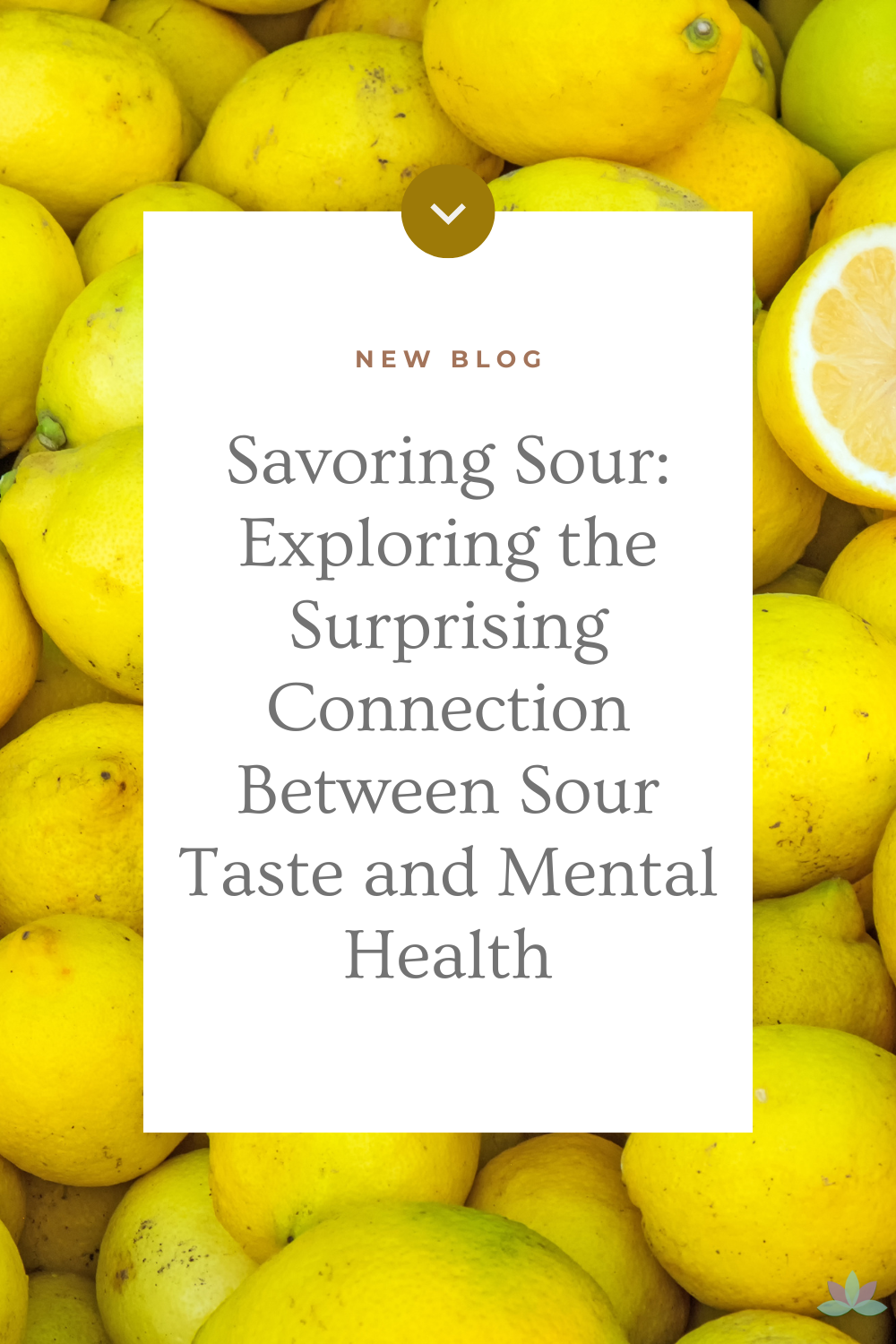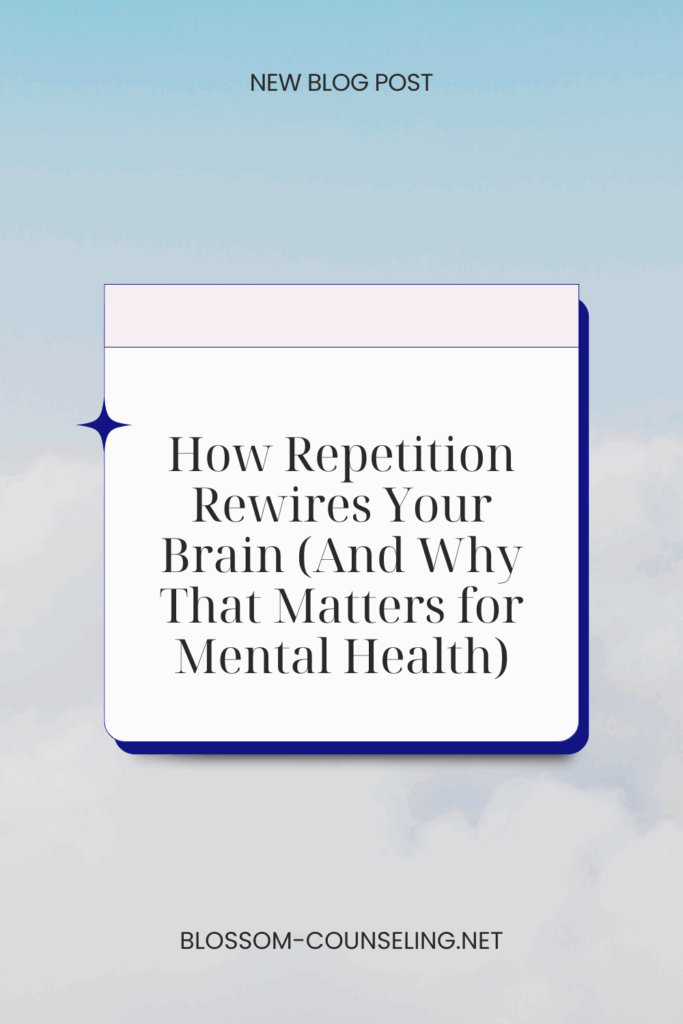
Ever puckered up at the taste of a lemon or vinegary pickle and felt a jolt of wakefulness or a sudden clearness of mind? That sharp, tangy sensation isn’t just a culinary experience; it could also be subtly influencing your mental health. Sour flavors, often overshadowed by the more popular sweet, salty, or spicy cravings, have a fascinating link to our psychological well-being that’s worth exploring.
The Science of Sour
Sour taste is one of the basic tastes, arising from the acidity in foods. Chemically speaking, it’s the taste buds’ response to hydrogen ions split off by acids in what we eat or drink. But the effects of this taste sensation extend beyond the tongue. Sour flavors can trigger a surprising range of neurological responses, showing just how interconnected our gustatory perceptions and emotional states really are.
A Wake-Up Call for the Brain
Sour foods have a unique ability to invigorate and energize. Ever noticed how a splash of lemon in your water can make you feel instantly more alert? This isn’t just placebo. Research suggests that sour tastes can increase serotonin and other neurotransmitters in the brain, which play a key role in elevating mood and promoting wakefulness. It’s like a natural signal to the brain, saying, “Hey, wake up and enjoy the zest of life!”
Mood Enhancements and Sour Sips
Beyond just waking up your brain, sour tastes can influence our moods. For instance, the sharpness of a sour flavor can cut through the fog of a dreary afternoon slump or a bout of mild sadness. This isn’t to say sour foods are a cure for serious mood disorders, but they might offer a little lift when things feel flat or monotonous. Think of it as a small, bright burst in your day that refreshes your senses and clears your mind.
Sour Foods as Part of a Healthy Diet
Incorporating sour foods into your diet can also contribute to overall health, which is deeply tied to mental well-being. Many sour foods, like yogurt, kefir, and certain fruits, are rich in vitamins and probiotics. For instance, the probiotics in yogurt are well-known for their gut-health benefits, and a healthy gut is increasingly linked to a healthy mind through the gut-brain axis. By promoting digestive health, sour foods might also be supporting mental health.
Taste and Emotional Memory
There’s also a fascinating emotional component to taste. Specific flavors can evoke memories more vividly than other senses. The sour zest of a lime might take you back to your first beach vacation, while the tang of a balsamic vinaigrette might remind you of your favorite salad at a family reunion. These memories can trigger emotional responses, contributing to feelings of nostalgia or happiness.
Mindful Eating and Taste Exploration
Exploring the full spectrum of tastes, including sour, encourages a more mindful approach to eating. Mindful eating — paying close attention to the flavors, textures, and effects food has on your feelings and sensations — can enhance your understanding of your dietary choices and their impacts on your mental health. It encourages you to consider not just what you eat, but how it makes you feel, highlighting the importance of a balanced, thoughtful diet.
Conclusion
So, next time you dress a salad with extra lemon juice or grab a handful of cranberries, think about the sharp, refreshing jolt not just to your taste buds, but to your spirit. Sour flavors, with their bold and vibrant profiles, do more than just flavor our foods; they enliven our minds and can play a small part in a holistic approach to mental health. Whether it’s the zest of citrus or the tang of fermented foods, embracing the sour might just be a delightful way to brighten your day and boost your well-being.




